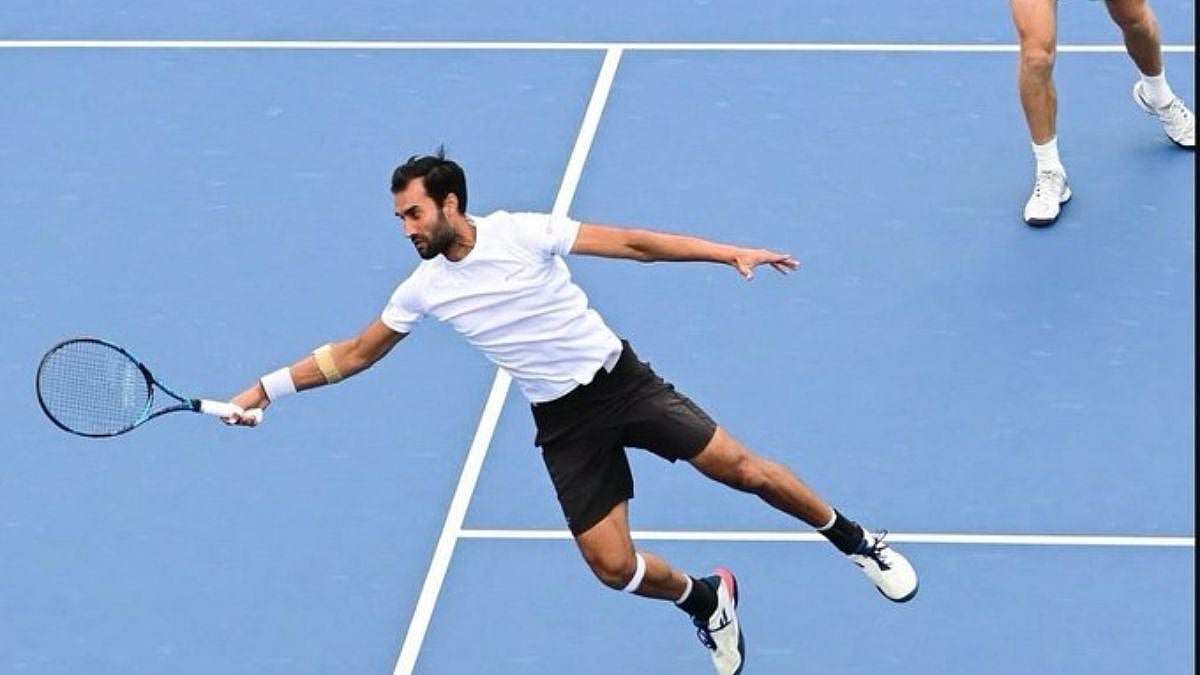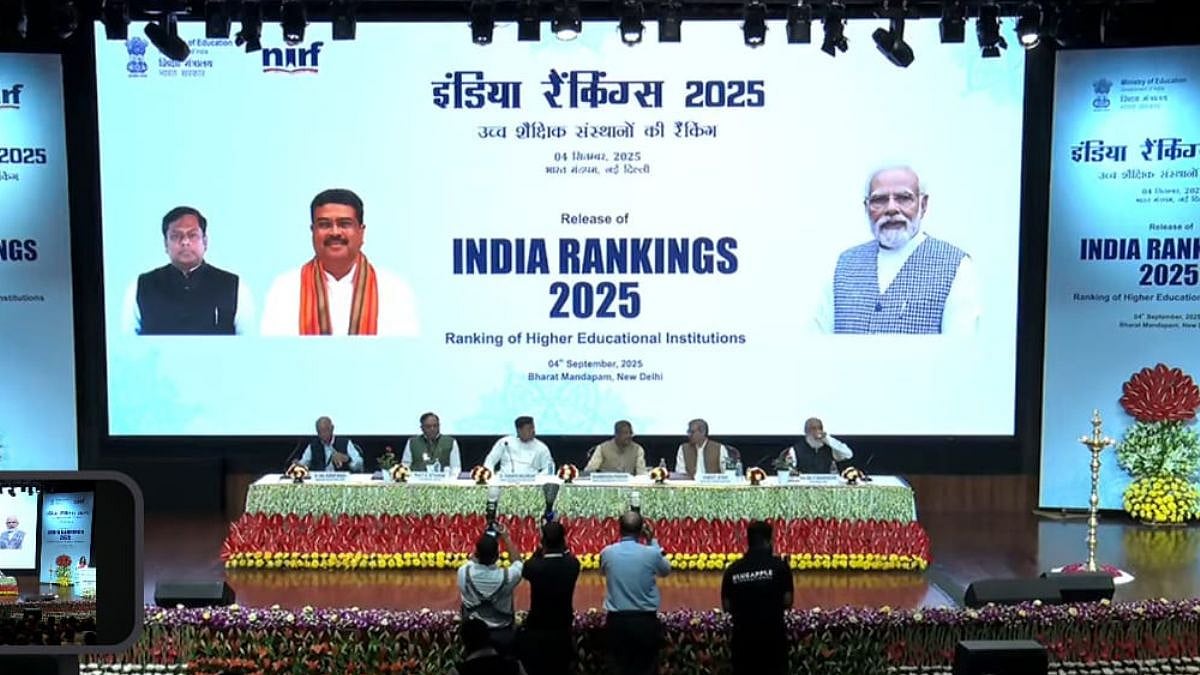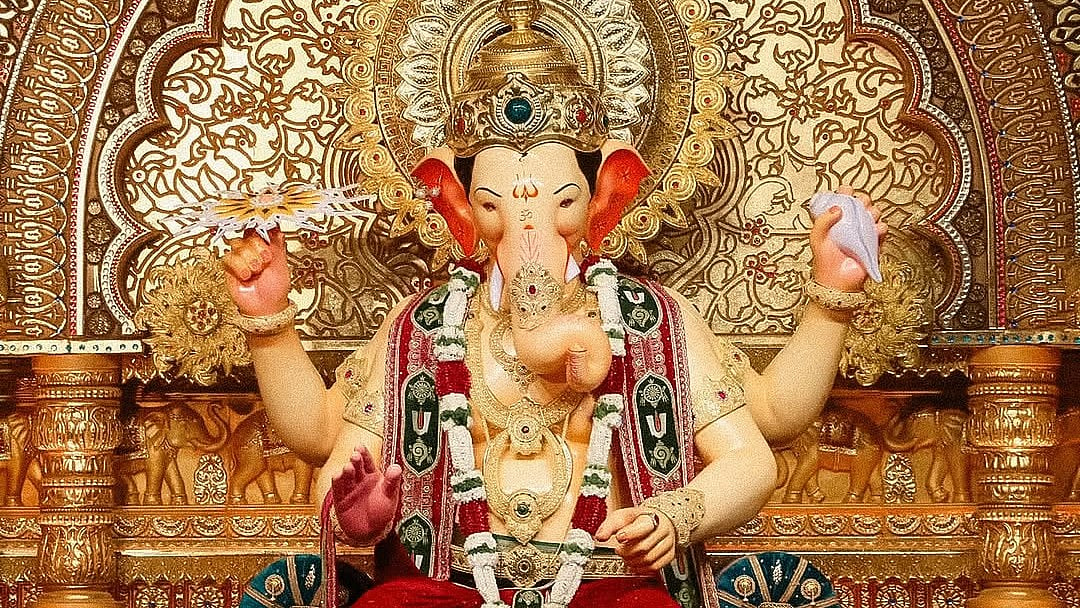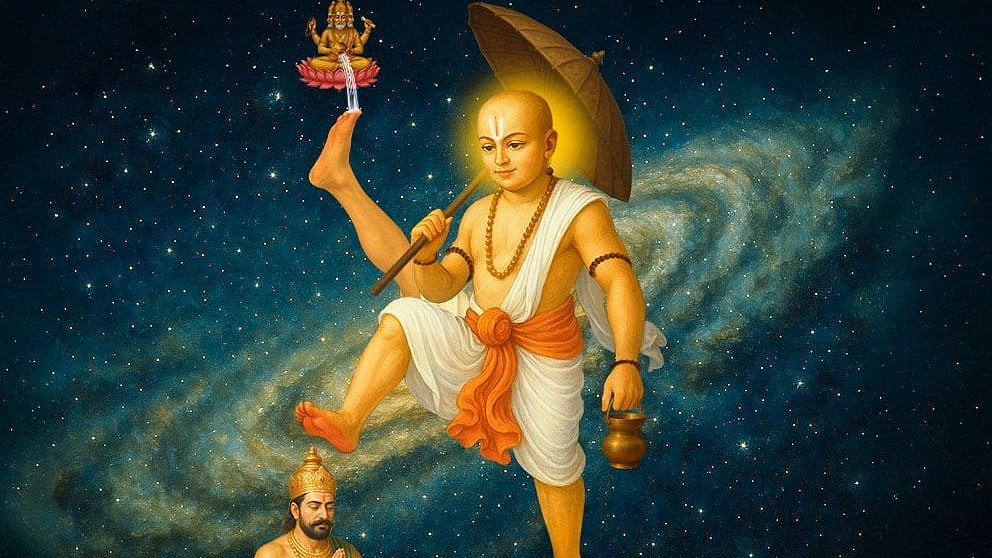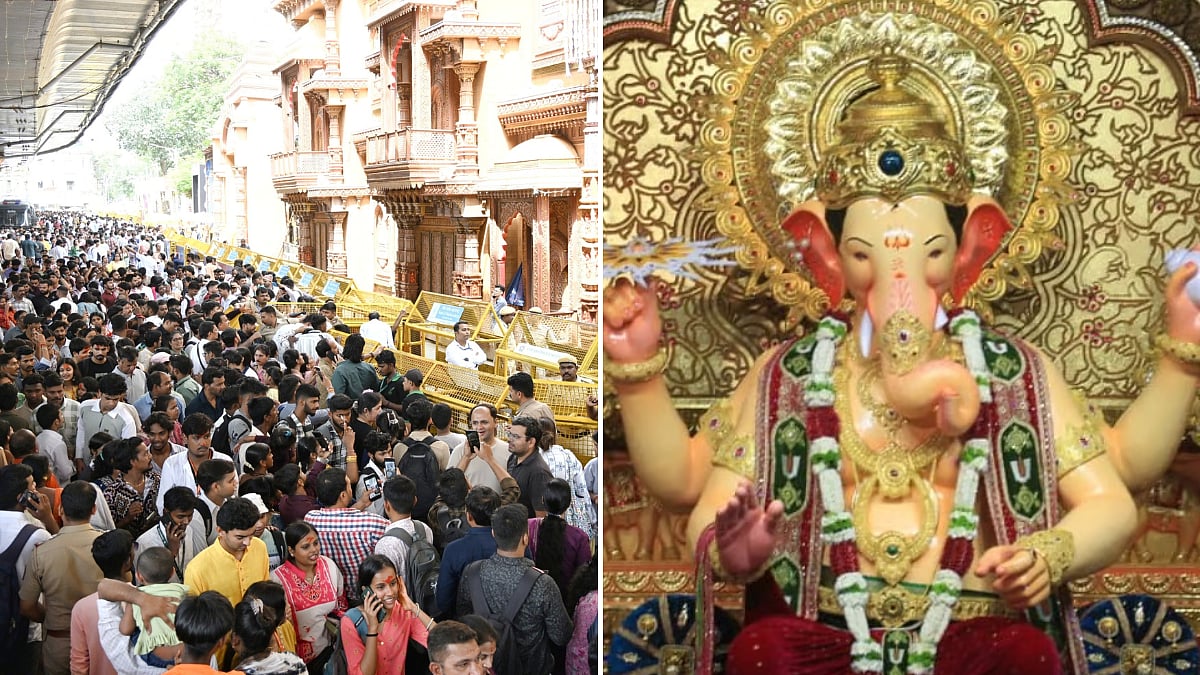In the vast tapestry of Indian culture, there exists a hidden gem that has long served as the beating heart of communal harmony and intellectual exchange — the tradition of Baithaks. Evolving over centuries, the Baithak epitomises the power of dialogue, music, and shared spaces. Baithak, derived from the Sanskrit word "baitha," meaning "to sit," is a traditional gathering where artists, scholars, and connoisseurs convene to exchange ideas, perform music, and engage in stimulating conversations.
Says independent artist Akanksha Grover, “Since childhood, I have been passionate about Hindustani music and dreamt of promoting this rich music. As a performer, I wanted to have actual connection and interactions with the audience during my performances too.”
The singer will be hosting 'Baithak by Akanksha' tomorrow, on May 21 at Ace Tattooz & Art Studio in Ghatkopar (E) where she will perform ghazals, old film songs and thumris. As modernity surges forward, this treasured tradition finds itself facing the prospect of extinction.
The rise of social media and urbanisation has diluted the desire for physical gathering spaces, leaving the Baithak in the shadows of cultural amnesia. The shifting priorities of a rapidly changing society have led to a diminishing interest in traditional art forms and intellectual discussions.
Akanksha has been working on reviving the concept of the Baithak for the new generation. “I saw a number of videos of ‘Baithaks’ that used to be held in the bygone era and thought to revive the concept. I started holding 'Baithak by Akanksha' last year and the overwhelming response that I have received till now across the country made my love affair with the concept more fruitful,” says the vocalist who started singing at the young age of seven. She used to listen to her mother singing bhajans every day, and would start chiming in. Soon, she was singing traditional songs on-stage.
Baithaks normally serve as platforms where wisdom, aesthetics, and artistic expression intertwine harmoniously. Rooted in the rich soil of Indian society, they have taken myriad forms across the subcontinent, from intimate gatherings in opulent havelis to informal assemblies in humble village courtyards.
However, a tattoo studio is a rather unusual location for the gathering. When quizzed about this, she says, “It was a deliberate choice; Ace is not a tattoo studio but an art studio as well. The owner is an art enthusiast herself, and has beautiful paintings for sale at the studio. This place embraces the charm and essence I was looking for.”
Here's hoping that gatherings like these keep the cherished tradition of the Baithak alive.


